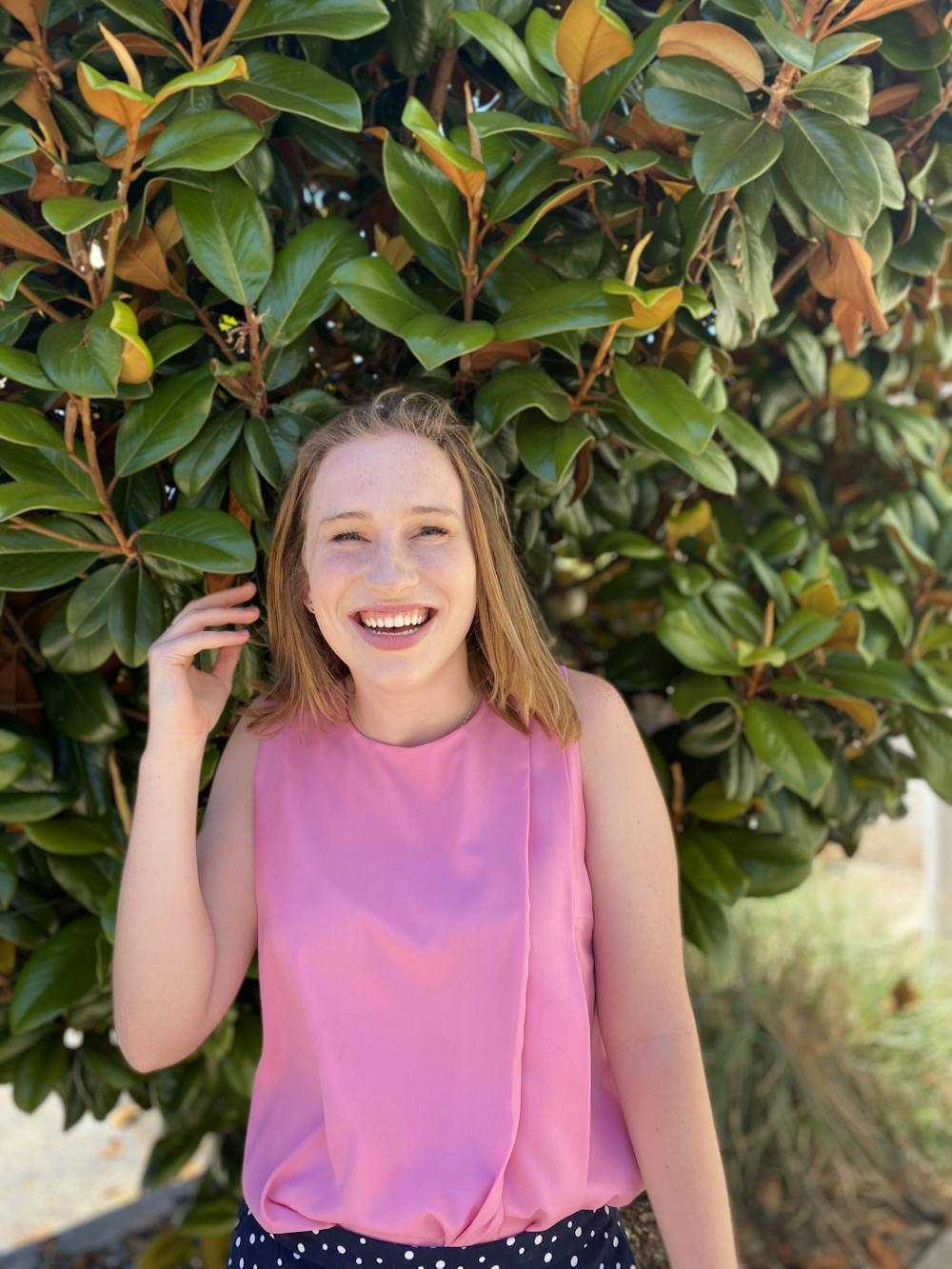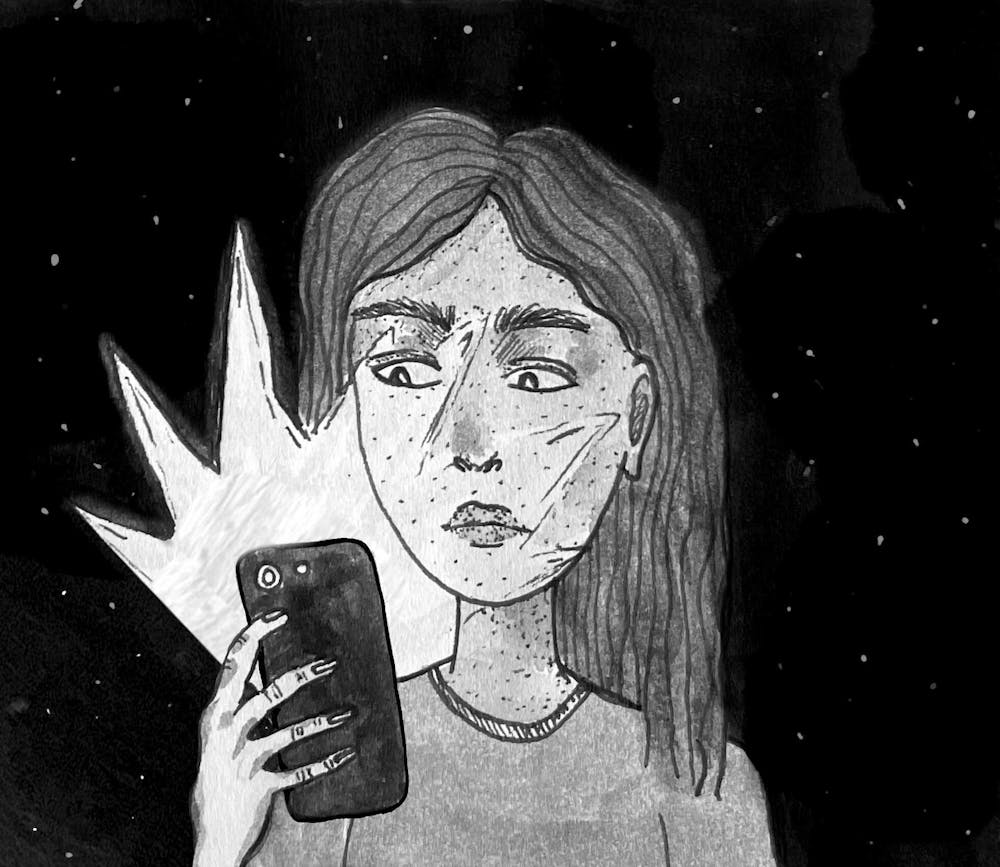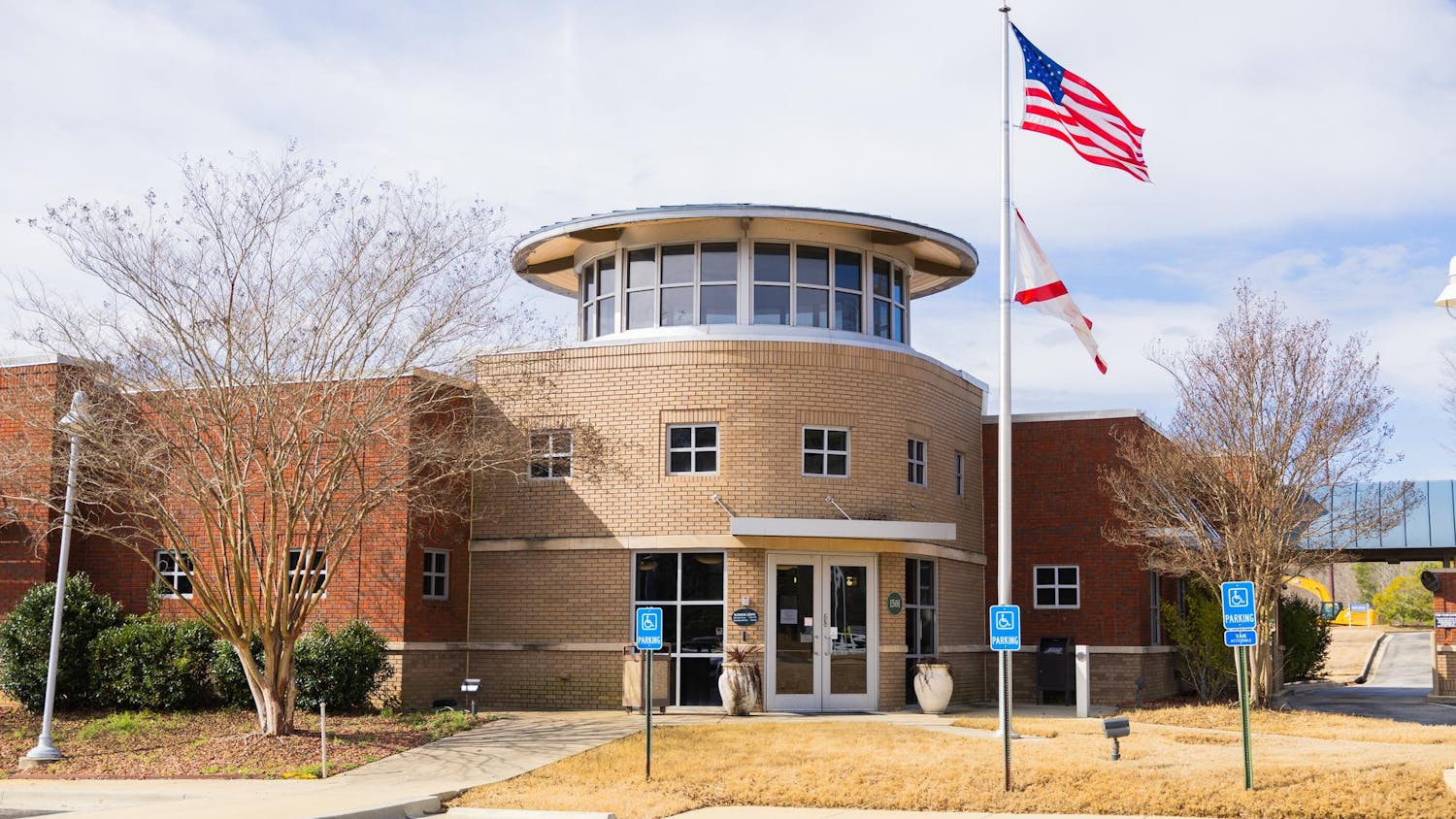From a young age, many women are taught the many things they have to do and the ways they have to act in order to protect themselves from safety concerns: Never walk alone. Clutch your keys in the parking lot. Lock your doors immediately after getting to the car, among many other things.
These lessons are not given without reason. According to the Rape, Abuse and Incest National Network, there is an elevated risk of sexual violence for women aged 18–24 — the “college years.” Even further, women that are enrolled in college are 20% more likely than non-students to be at risk for sexual violence.
Auburn, Alabama — The Loveliest Village on the Plains — is not excluded from these statistics. Women enrolled at the University are taught to be just as aware of their surroundings as they would be anywhere else.
“I think in today’s world, girls always have to be on guard and won’t feel safe, but that’s just because of everything going on, not just Auburn specific,” said Oakley Holmes, sophomore in public relations.
To help communicate these dangers, that up until now have only been spread by word of mouth, Holmes created a GroupMe specifically for women to share any threats that they personally experience on or around campus.
“There’s been stuff happening around Sky Bar and downtown in those streets where apartments are where people are walking home,” she said. “Not many people knew about it, and it was only being communicated by a chain of people. I wanted to ensure that there was a way for girls to communicate these situations.”
As of publication, the group has 1,822 members. Holmes said that girls in the group will offer each other rides, send notifications of suspicious activity and even set up events to hand pepper spray out to one another.
“We have a Google document that has a list of people that would volunteer to come help you if you were in a situation, and it’s arranged by where you live,” she said. “Just keeping in touch and making sure that we’re all sticking together.”
One of the members in the group is Anna Grace Huston, freshman in English education. Huston said that as someone fairly new to Auburn, the group had made her a lot more knowledgeable about what goes on around her.
“So far, I honestly use it like a lot,” Huston said. “As a freshman, it’s honestly really interesting. Because last semester, I totally felt safe at Auburn, I was like, ‘Oh yeah, it’s not that kind of college where bad things happen,’ and stuff like that. And I think that they just don’t publicize a lot of bad things that do happen at Auburn. The GroupMe is really helpful for me, especially being a freshman, like knowing what’s going on around campus and stuff like that.”
Becoming a part of the conversation has made being a woman in a college town more real, Huston said.
“Because I think ignorance is bliss, kind of thing,” she said. “But this semester, I definitely have honestly felt a lot more unsafe, there are a lot more druggings going around. There are a lot more like incidences happening around campus. And even I don’t know if that’s because I’m more aware of them now. But even in my own personal life, like I know, personally, a lot more girls this semester, who have been drugged in bars and have been in bad situations and stuff like that.”
This rise in women’s safety concerns was not simply an idea spurred from female students. According to Susan McCallister, director of Campus Safety and Compliance, the level of reported incidents “ebbs and flows a lot.”
“I’ve seen that there are some semesters where there really seems to be an increase in reports and concerns,” McCallister said. “The big thing I think that I’ve noticed though is that as far as crimes that have been able to be prosecuted — I haven’t seen a big increase in those. I have noticed in this semester that there has been an increase in concerns.”
McCallister said that one of the best things for women to do when they feel unsafe is to report the suspicious activity, even if they are unsure of the risk level.
“A lot of times, understandably, people will wait to report things,” she said. “This is normal for people to have something happen and really think about it awhile, kind of second guess themselves and then maybe later decide that something did happen and report it … I really want to encourage people that when they don’t feel like something is right that they should trust those instincts and report something immediately.”
McCallister noted that sometimes women will be afraid to go to an official if they don’t have enough information or if there were any other factors involved they feel may land them in trouble, one of the most common of which is underage drinking. But this isn’t something women should worry about.
“Don’t be afraid to get in trouble for alcohol,” she said. “Sometimes that delays the reports as well … if there is a safety concern involved, that will be what is focused on.”
Auburn Department of Campus Safety and Security also offers many different ways to attempt to help all students feel safer, including a night shuttle, monitored security cameras around campus, a self-defense class and blue dispatch lights placed around campus. Huston said that these did help, but she still felt uneasy at times.
“I love the resources that they do have,” she said. “I live on campus, so I like the blue light things whenever I’m walking home; those do make me feel better. And I love the security shuttle, because I think that’s a great way to make sure that people are getting home safely and stuff like that. But I really just wish they would keep us more informed about it.”
Behind safety concerns and resources used by women to protect themselves is the culture of women in today’s society. Allison Vandenberg, professor of women’s studies, touched on the advice women are commonly given today to protect themselves and how much it actually helps them.
“Being told ‘It’s your responsibility to keep track of your drink, you need to make sure that you monitor your behavior, that you don’t wear something that might give someone the wrong impression, that you don’t say something that might be unintentionally leading someone on,’” Vandenberg said. “These are the pieces of advice that were being given when I was in college. And unfortunately, it’s the same older, more stale advice that is still being given.”
A sentiment echoed by both Vandenberg and Arianne Gaetano, director of Auburn’s women’s studies program, was that the lack of awareness on the subject of women’s safety goes beyond just women — it should be something everyone contributes to.
“We have such a lack of consistent sex education in middle school and high school, which is where we really, really need to have that,” Vandenberg said. “What we tend to find is that there is a lot of ignorance on the part of men and boys about what sorts of things women and girls go through in an effort to insulate themselves. So, if we shift these conversations and we really think more about what we can do socially, to address this as something that is not a woman’s problem, but is everybody’s problem …”
Gaetano mentioned that Auburn has greatly improved with the programs that it offers, such as Safe Harbor, the Title IX Office and Green Dot — some of which have been established in the last 10 years. Though these new structures are very helpful, she emphasized that with the internet there is a new need for awareness and continued advocacy.
“I do want to emphasize that there’s a lot of new structures in place that weren’t in place, you know, a decade ago, and that’s really good,” Gaetano said. “But we have to use those structures, and we have to communicate about them. … There are now these opportunities, I guess, that’s not the word I want to use, but for objectifying, women in particular. It’s amplified by the Internet and by new technology and the way we use it.”
The importance of conversations about women in society, Gaetano said, is also important because safety for women starts by the way they are treated and respected in an everyday environment.
“We’re taught that it’s innocuous: ‘Boys will be boys,’” she said. “Yeah, that’s one of those things … Let the boys be boys. It’s seen playful, but it’s actually harmful. And it’s harmful, you know, for all of society. And it has repercussions, you know, that get larger and larger than you know.”
Do you like this story? The Plainsman doesn't accept money from tuition or student fees, and we don't charge a subscription fee. But you can donate to support The Plainsman.

Natalie Beckerink, senior in political science, is the content editor of The Auburn Plainsman.





